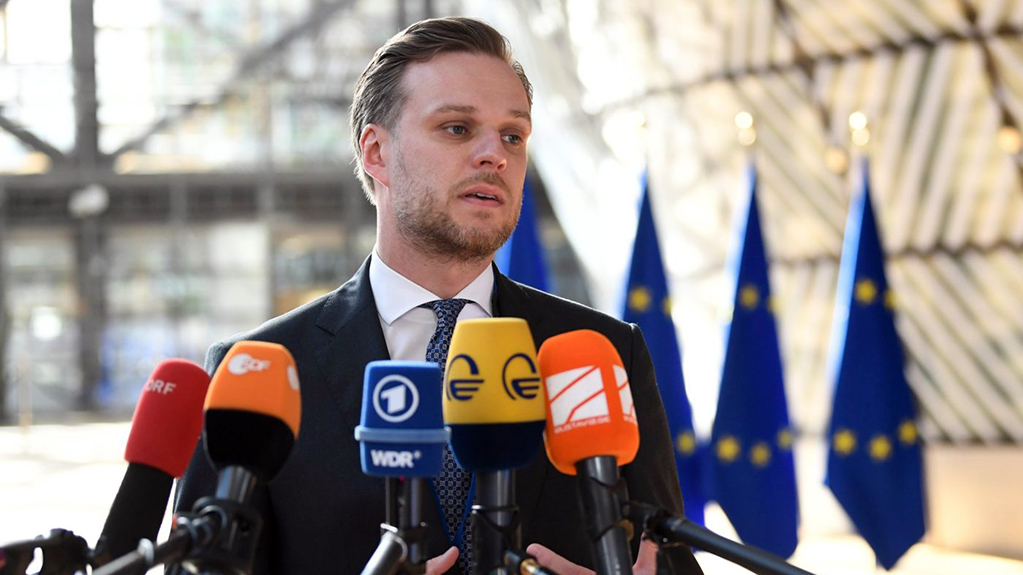"We do not consider elections that have taken place in Georgia to be free and fair. Secondly, Lithuania has called for an independent international investigation because for the countries to actually know how we define the election, and what path it sets Georgia on, to know clear answers we have to actually understand what happened. And for that we need investigation," said Gabrielius Landsbergis, the Minister of Foreign Affairs of Lithuania, ahead of the EU foreign ministers' meeting in Brussels.
News
According to Landsbergis, if the government of Georgia refuses to cooperate with the European Commission and declines to investigate, it sends a clear message.
"Whether it’s possible to have a consensus in the EU on this, it’s tough to say. I have a sense that it’s rather difficult … even sanctioning. There is no easy path to this. But on the other hand, when we are talking about isolationism in the United States, Europe also has to ask itself a question: isn't Europe isolating itself? Why are we not able to find a solution to Georgia and what Georgian people are asking? Maybe Europe is also starting to look inwards and if that progresses, that's a very dangerous path not just for Georgia but for Georgia, for Moldova, for Ukraine and for Europe itself," said Landsbergis.
Today, November 18, the Foreign Affairs Council is taking place in Brussels, chaired by the High Representative of the European Union for Foreign Affairs and Security, Josep Borrell. One of the main topics on the agenda is the current situation in Georgia following the October 26 parliamentary elections. As Borrell stated, his proposal is to freeze 100 million euros in aid to the Georgian government and redirect this amount to civil society organizations.















